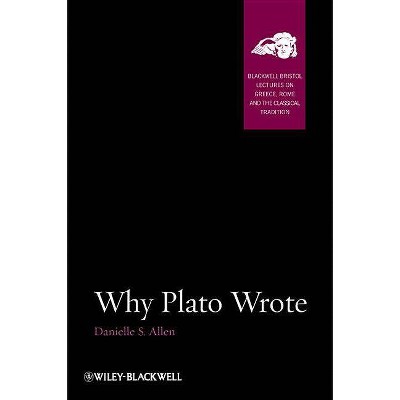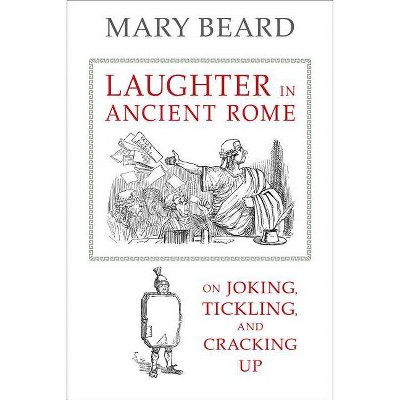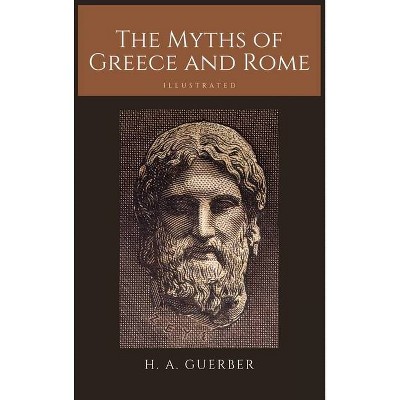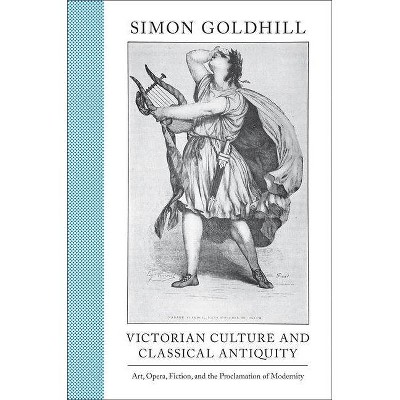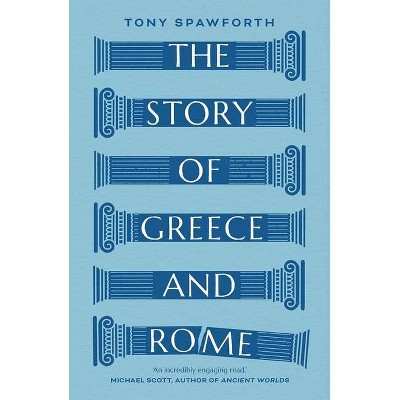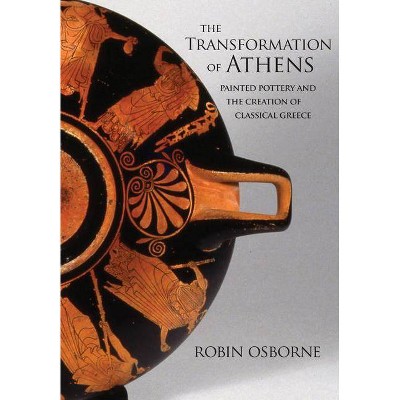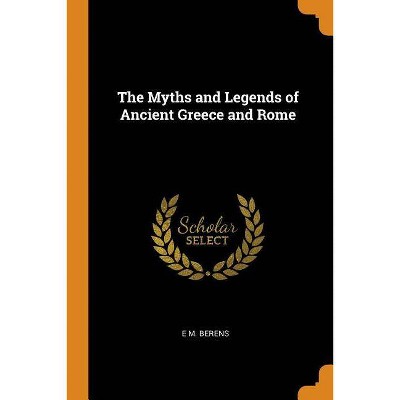Dionysus Resurrected - (Blackwell-Bristol Lectures on Greece, Rome and the Classical) by Erika Fischer-Lichte (Hardcover)
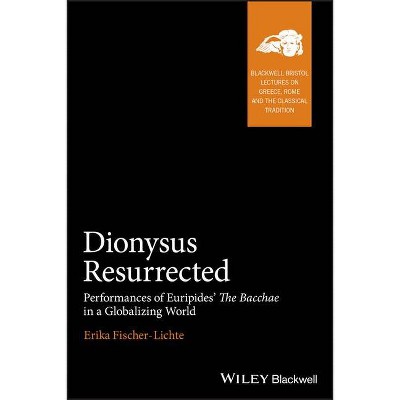
Similar Products
Products of same category from the store
AllProduct info
<p/><br></br><p><b> Book Synopsis </b></p></br></br><p><i>Dionysus Resurrected</i> analyzes the global resurgence since the late 1960s of Euripides' <i>The Bacchae</i>. By analyzing and contextualizing these modern day performances, the author reveals striking parallels between transformational events taking place during the era of the play's revival and events within the play itself.</p> <ul> <li>Puts forward a lively discussion of the parallels between transformational eventsduring the era of the play's revival and events within the play itself</li> <li>The first comparative study to analyse and contextualize performances of <i>The Bacchae</i> that took place between 1968 and 2009 from the United States, Africa, Latin America, Europe and Asia</li> <li>Argues that presentations of the play not only represent liminal states but also transfer the spectators into such states</li> <li>Contends that the play's reflection on various stages of globalization render the tragedy a contemporary play</li> <li>Establishes the importance of <i>The Bacchae</i> within Euripides' work as the only extant tragedy in which the god Dionysus himself appears, not just as a character but as the protagonist</li> </ul><p/><br></br><p><b> From the Back Cover </b></p></br></br><p>Before the late 1960s, Euripides' <i>The Bacchae</i> had almost no performance record on modern stages. Since then, the play has been staged many times in the United States, Africa, Latin America, Europe, and Asia. Drawing parallels between the elements of transition, transformation, and violence in the second half of the twentieth century and the plot of<i> The Bacchae, </i> Fischer-Lichte argues that the play's reflection on features identified today as consequences of globalization allowed the performance to accomplish what the ancient viewers believed Dionysus, the protagonist, brought about. In this sense, the author contends that Dionysus resurrects as the god of globalization, rendering the tragedy a contemporary play. By analyzing and contextualizing these performances worldwide, Fischer-Lichte reveals the reasons behind the resurrection of this much discussed but, until recently, rarely performed tragedy.<p/><br></br><p><b> About the Author </b></p></br></br><p><b>ERIKA FISCHER-LICHTE</b> is Professor of Theatre Studies at the Institut für Theaterwissenschaft at the Freie Universität of Berlin and Director of the International research centre "Interweaving Performance cultures." She has published extensively on the history of the theatre and on the reception of Greek tragedy. Her most recent publications include <i>Theatre, Sacrifice, Ritual: Exploring Forms of Political Theatre</i> (2005), <i>The Transformative Power of Performance: A New Aesthetics</i> (2008), and <i>Performance and the Politics of Space: Theatre and Topology</i> (edited with Benjamin Wihstutz, 2012).
Price History
Price Archive shows prices from various stores, lets you see history and find the cheapest. There is no actual sale on the website. For all support, inquiry and suggestion messages communication@pricearchive.us

